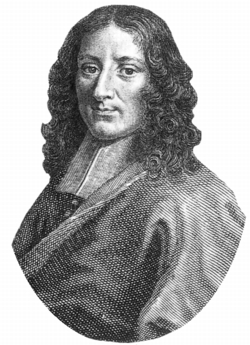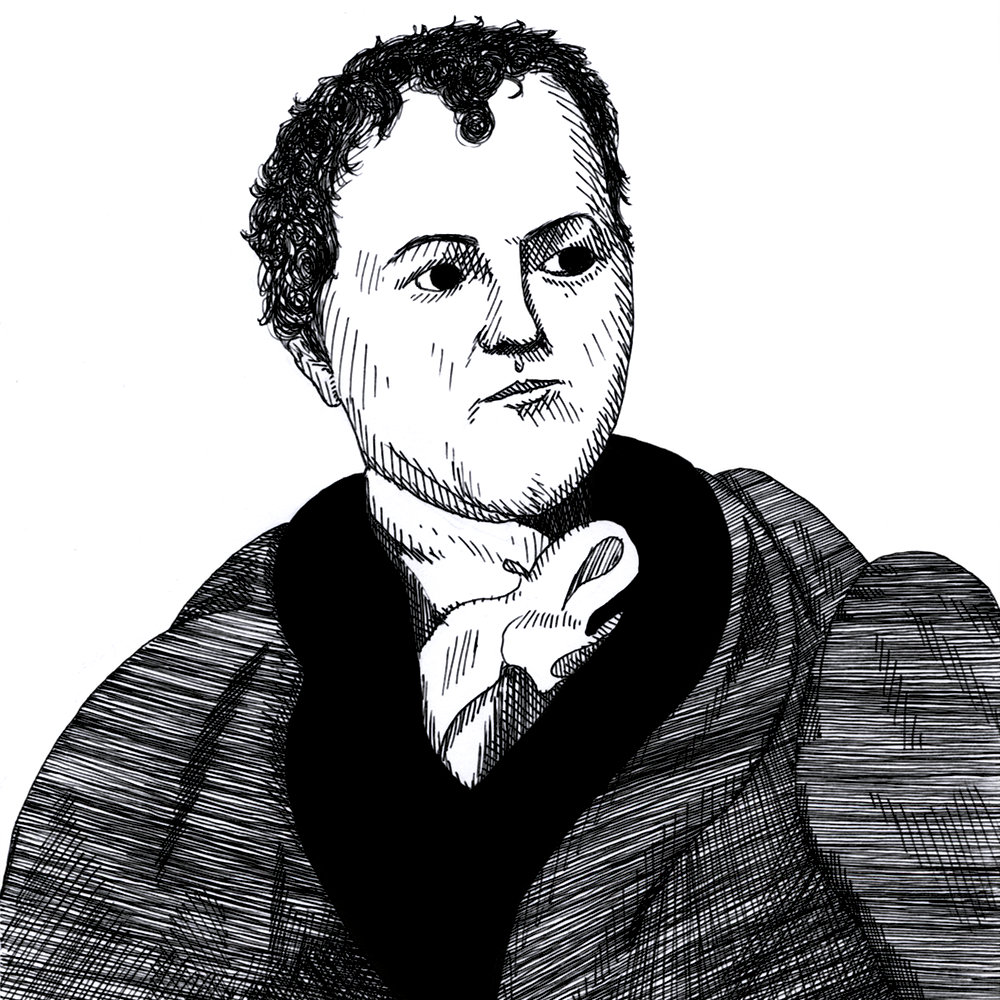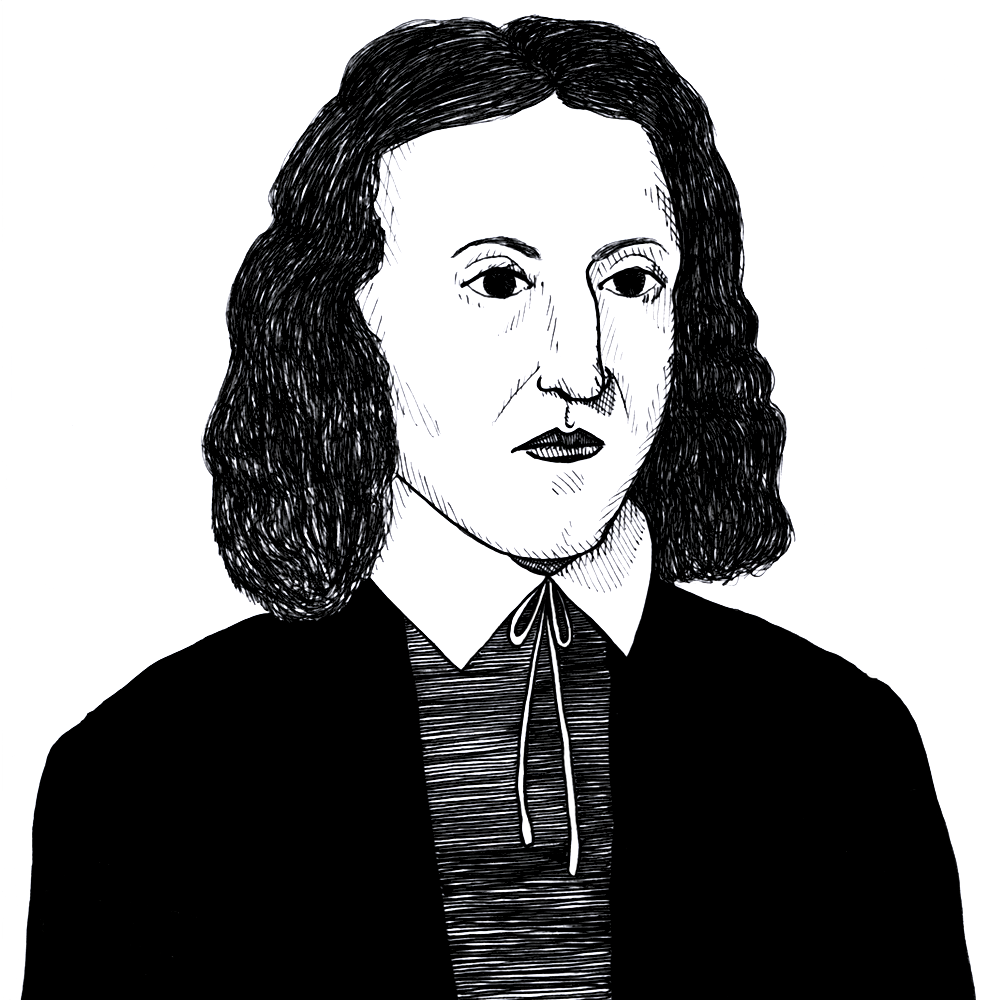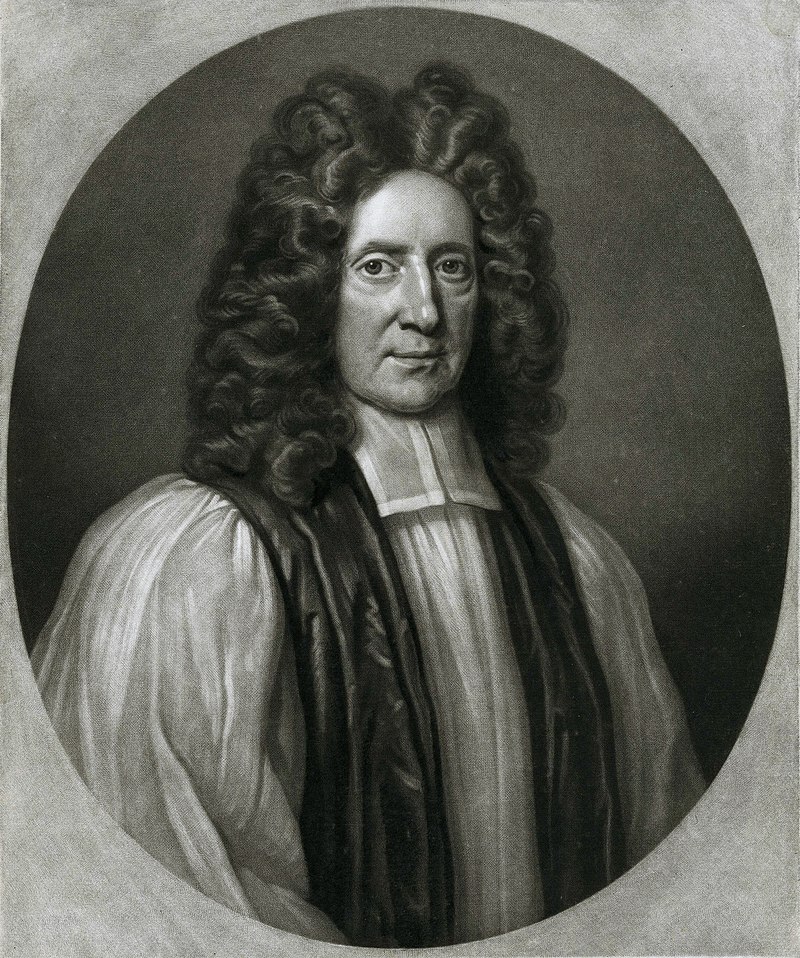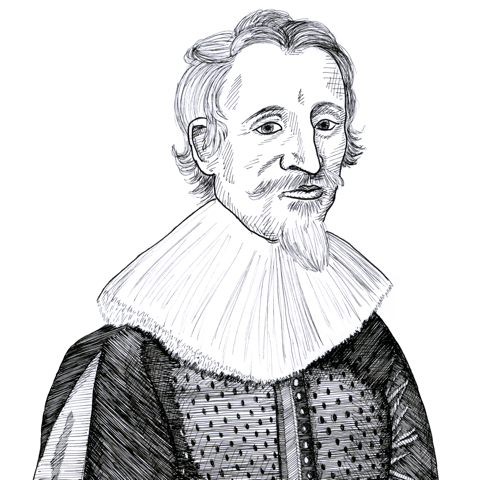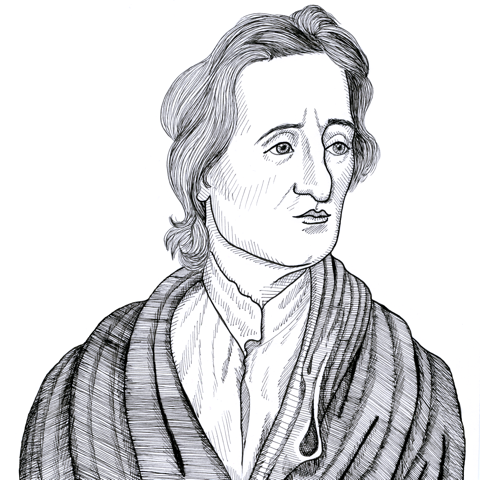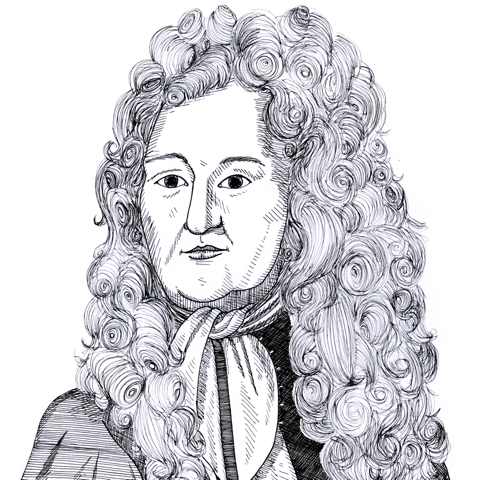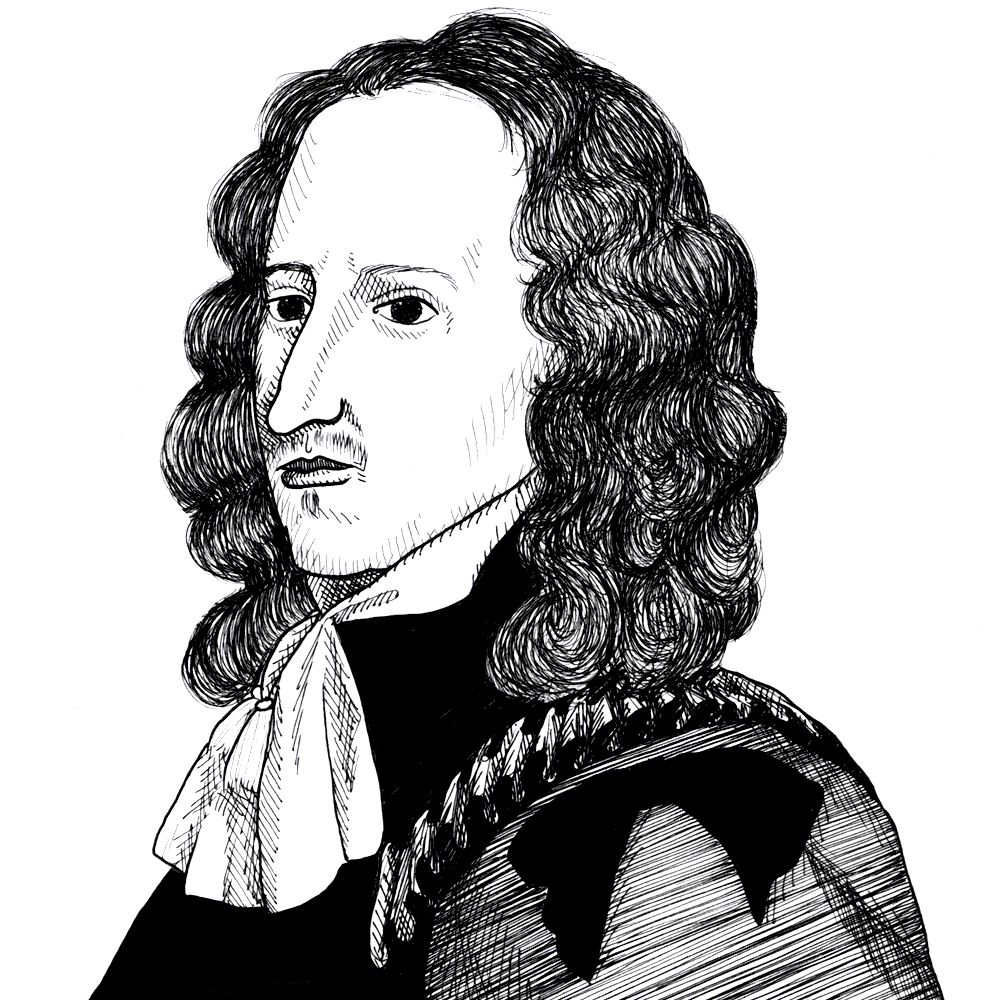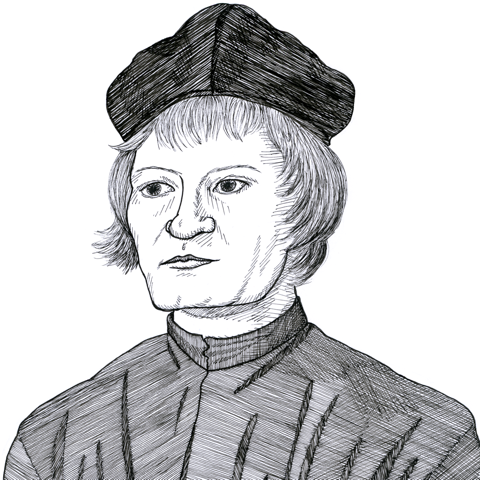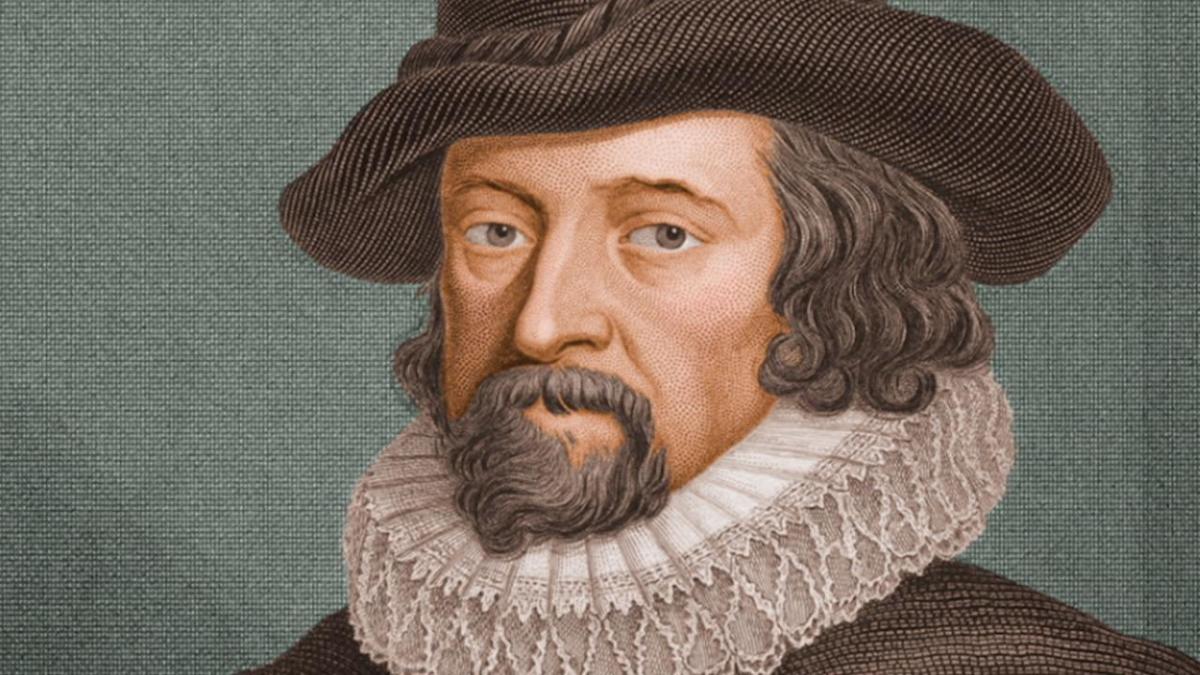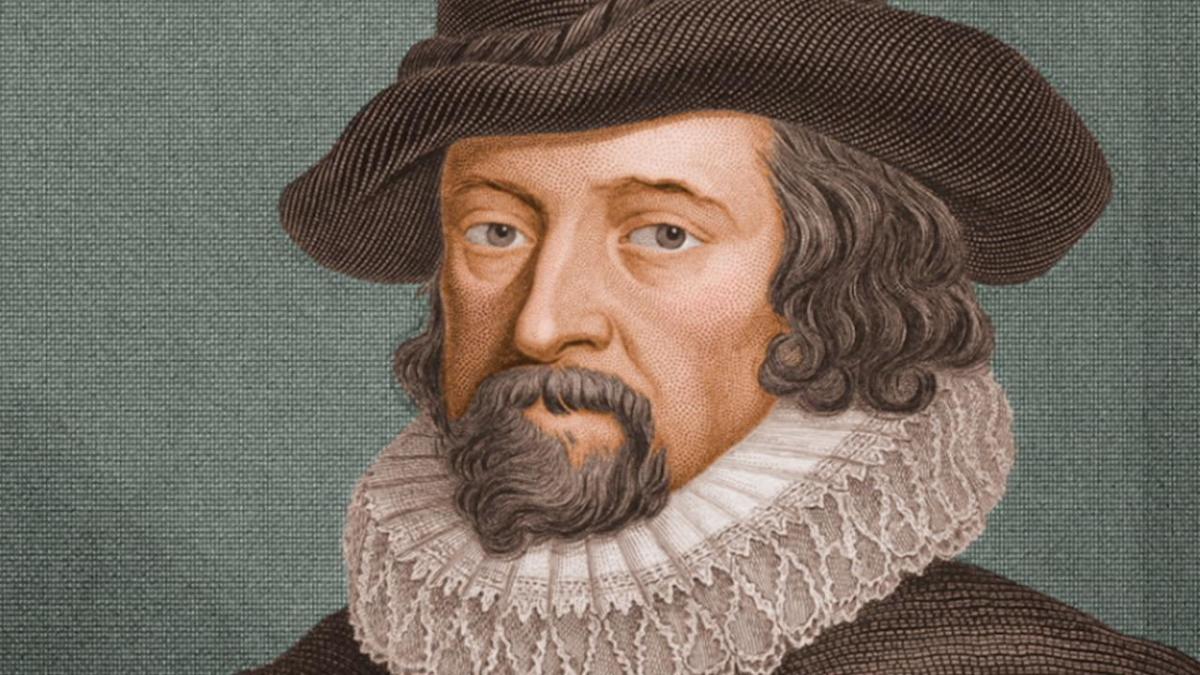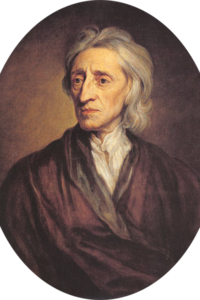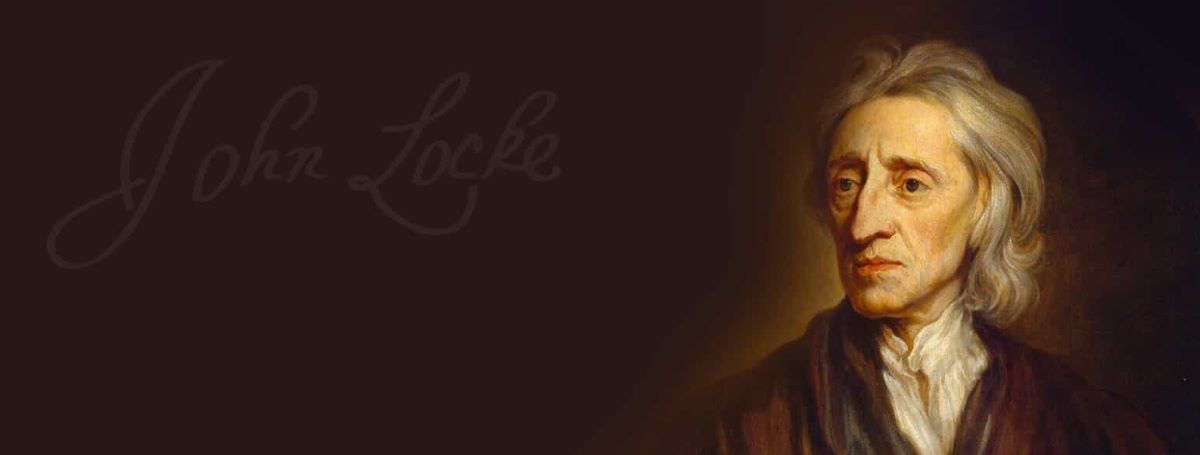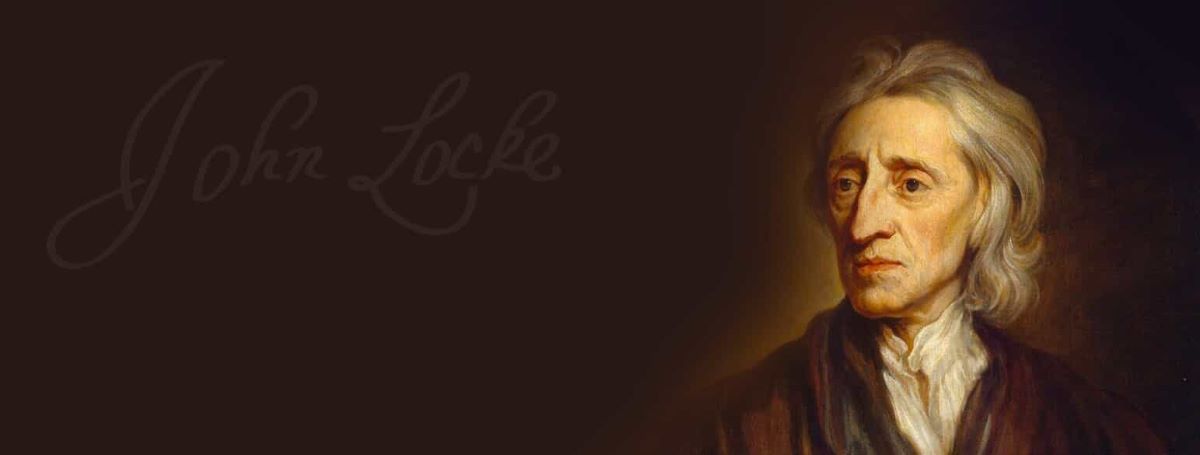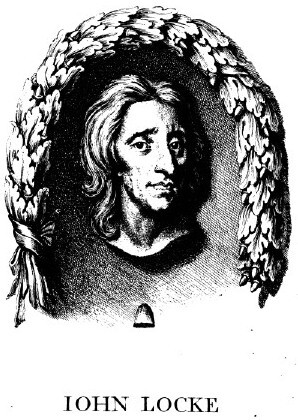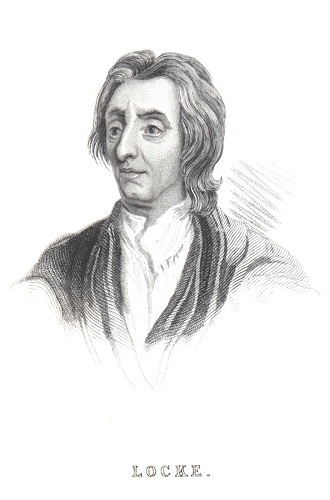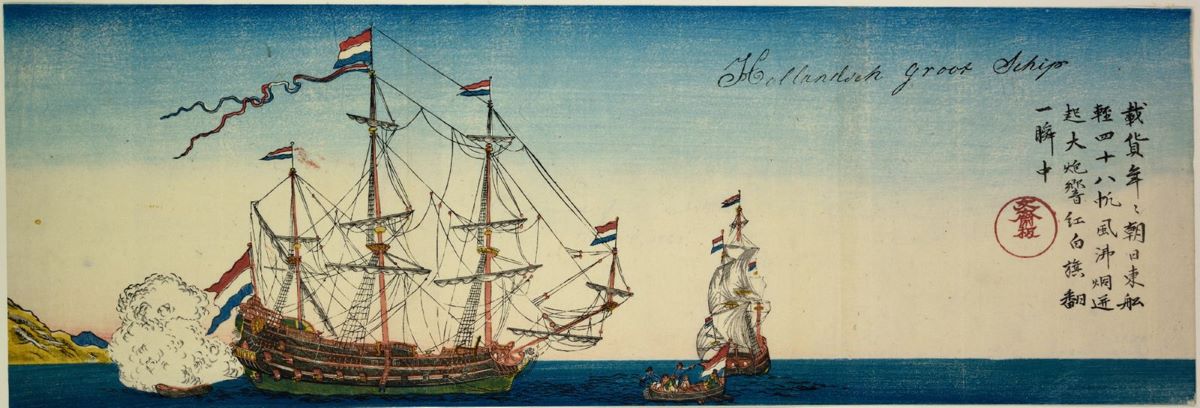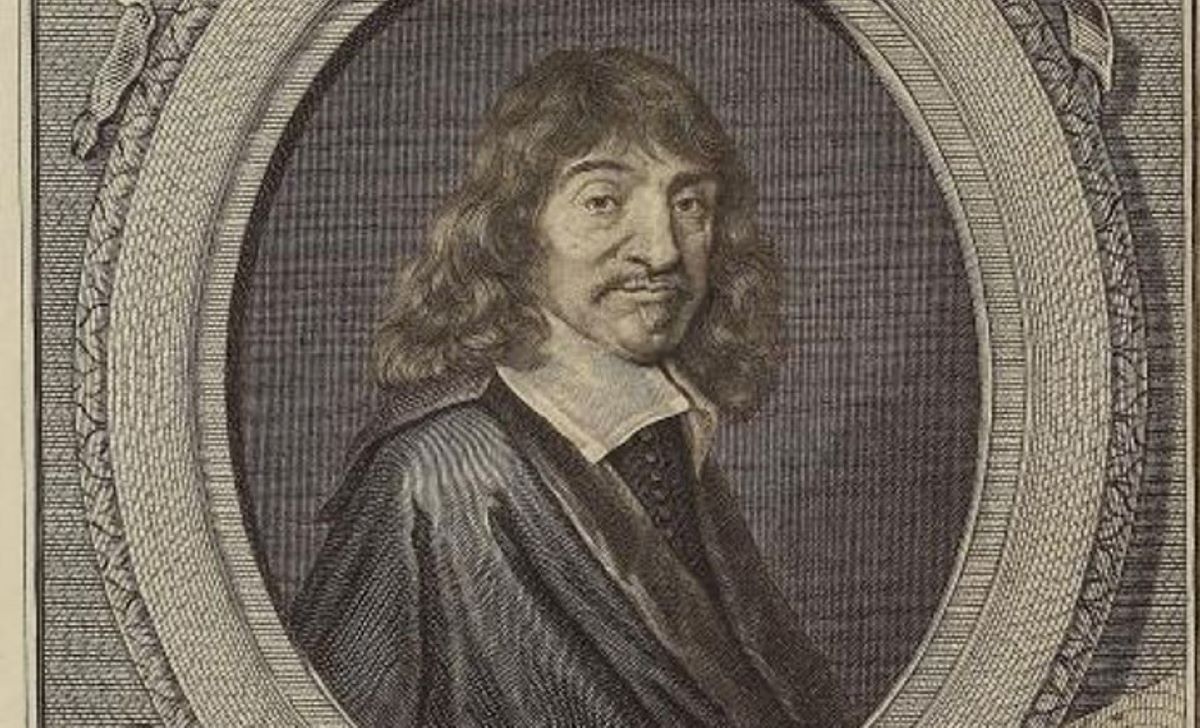17th Century Natural Rights Theorists
About this Collection
The 17th century was an important period in the development of natural law theories. The crises and revolutions of the mid-century prompted many thinkers to see civil and economic relations as being based on natural law and natural rights, independent of the monarch or the church. These thinkers laid the foundation for the further secularization of natural law theories in the Enlightenment of the 18th century and the revolutions which came out of that, namely the American and French Revolutions.
Key People
Titles & Essays
THE READING ROOM
THE READING ROOM
THE READING ROOM
THE READING ROOM
THE READING ROOM
Loading...
Quotes
Women’s Rights
Mary Wollstonecraft on Women’s Education
Notes About This Collection
For more information see:
- Brian Tierney, The Idea of Natural Rights (Grand Rapids, Michigan: William B. Eerdmans, 2001).
- Stephen Buckle, Natural Law and the Theory of Property: Grotius to Hume (Oxford: Claredon Press, 1991).
- Roscoe Pound, The Ideal Element in Law (Indianapolis: Liberty Fund, 2002).
- Heinrich A. Rommen, The Natural Law: A Study in Legal and Social History and Philosophy, trans. Thomas R. Hanley. Introduction and Bibliography by Russell Hittinger (Indianapolis: Liberty Fund 1998).
